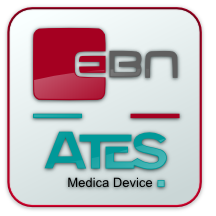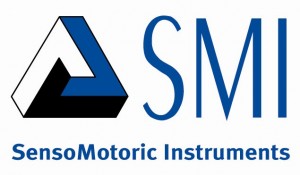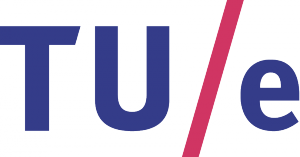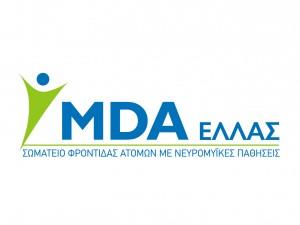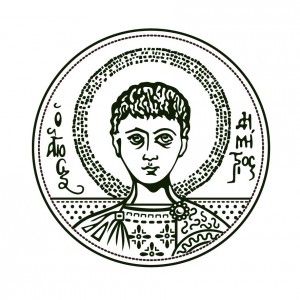Greece
The Centre for Research & Technology Hellas is the project coordinator responsible for the administrative, financial and technical management of the project. Its main responsibilities include, translating into meaningful control the EEG-signals captured from the brain of people with disabilities. Moreover, CERTH-ITI is also responsible for the dissemination and exploitation activities of the project with an overarching goal to foster innovation among its members.

